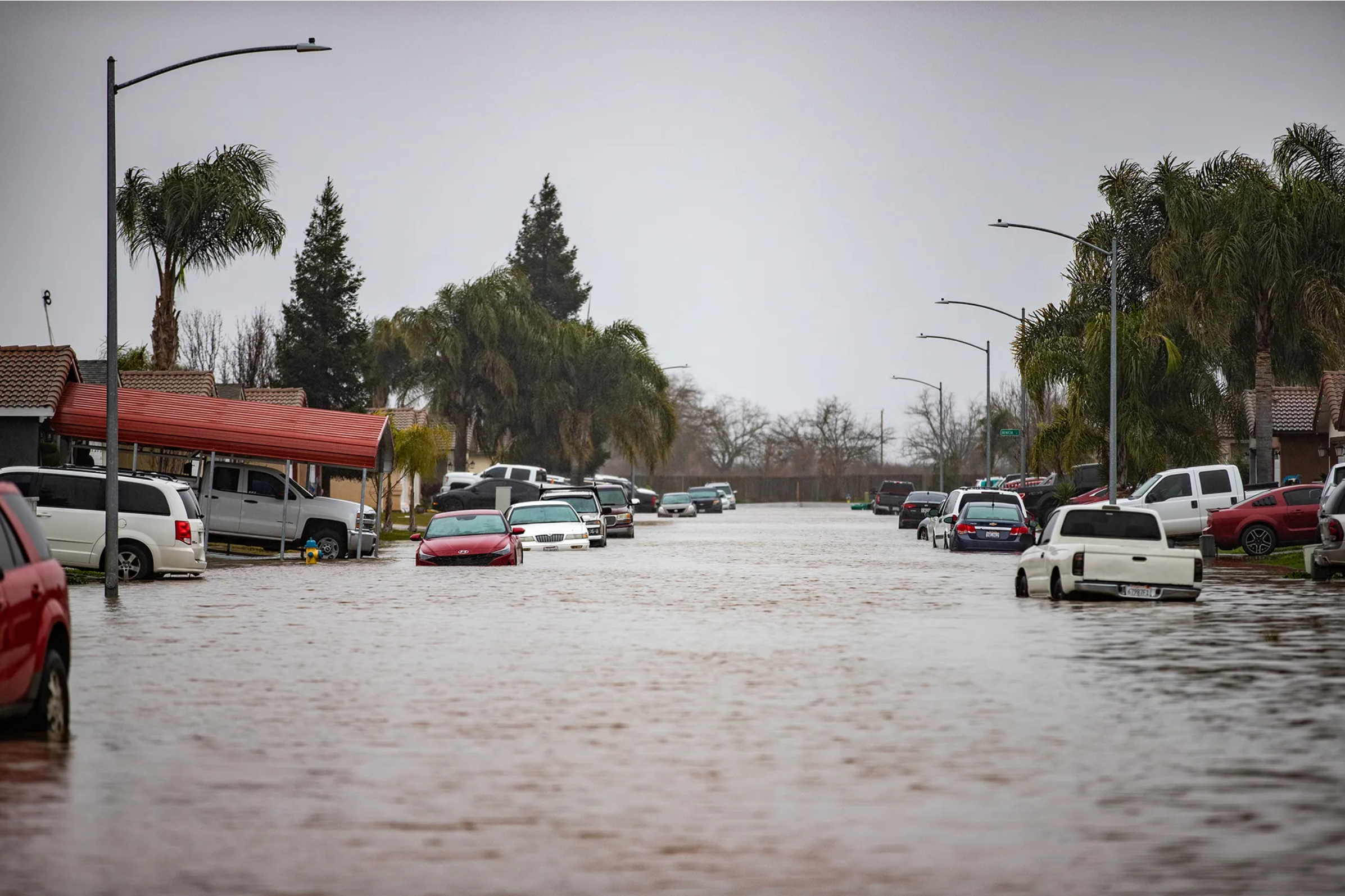What to Know About the Impact of Climate Change on Real Estate
 Climate change is no longer a distant concern; it’s a present and growing challenge that is reshaping the real estate industry. As temperatures rise, sea levels inch higher, and weather events become more extreme, investors, developers, and homeowners alike must consider how climate change affects property values, housing demand, and infrastructure. In 2025, understanding the intersection of climate risk and real estate market trends is essential for smart investing and sustainable development.
Climate change is no longer a distant concern; it’s a present and growing challenge that is reshaping the real estate industry. As temperatures rise, sea levels inch higher, and weather events become more extreme, investors, developers, and homeowners alike must consider how climate change affects property values, housing demand, and infrastructure. In 2025, understanding the intersection of climate risk and real estate market trends is essential for smart investing and sustainable development.
How Climate Change is Affecting Real Estate in 2025
1. Property Values Are Shifting: Properties in flood-prone or wildfire-risk areas are beginning to see declines in value, while demand rises in safer zones with climate-resilient infrastructure. Tools like property valuation tools now integrate environmental risk data, giving investors and homebuyers more insight into long-term value.
2. Homebuyers are More Aware: Modern first-time homebuyer advice includes environmental risk assessments. Buyers are using online property listings and real estate mobile apps to filter properties by elevation, proximity to flood zones, and access to sustainable amenities.
3. Insurance Costs Are Increasing: As natural disasters become more frequent, insurance premiums are rising sharply in high-risk areas. This impacts mortgage affordability and deters potential buyers, reinforcing the need to factor mortgage financing options into your climate risk strategy.
Sustainable Real Estate is On the Rise: The shift toward sustainable real estate has become a strategic response to climate risks. Developers and investors are incorporating green building materials, renewable energy systems, and resilient design into their projects.
Key components of sustainable properties in 2025 include:
Solar panels and energy-efficient HVAC systems
Water conservation systems
Elevated foundations in flood-prone areas
Integration of smart home technology for efficient energy use
These upgrades don’t just protect the environment—they also add value, reduce long-term operating costs, and increase appeal among eco-conscious buyers.
Investing in Climate-Resilient Locations: Smart investors are using neighborhood guides and climate data tools to identify areas that are less vulnerable to climate events. Urban planners and developers are focusing on:
High-elevation zones
Areas with advanced stormwater infrastructure
Cities investing in sustainability and green initiatives
By incorporating property investment strategies that prioritize resilience, investors can secure more stable long-term returns.
Role of Technology in Climate-Conscious Investing: In 2025, technology will play a critical role in climate-aware real estate decisions. Here are some tools leading the way:
Digital property management: Systems help monitor energy consumption and identify maintenance issues early.
Remote property inspections: Allow for evaluation of properties in risky areas without immediate physical presence.
Cloud-based real estate solutions: Offer access to data analytics on environmental impact, insurance rates, and risk zones.
Real estate automation: Integrates weather patterns and climate forecasts into predictive models for investment decisions.
Government Regulations and Incentives: Governments worldwide are introducing stricter zoning laws and offering tax breaks for sustainable housing. These regulations influence real estate development plans, especially in coastal and urban regions. Investors who stay informed can benefit from green building incentives, low-interest loans, and reduced property taxes.
Tips for Real Estate Stakeholders
For Buyers:
Use house-hunting checklists that include environmental risk assessments.
Prioritize homes with eco-friendly features and low insurance costs.
For Investors:
Diversify with rental property management in climate-resilient cities.
Monitor real estate market trends for early signs of climate-driven shifts.
For Developers:
Focus on sustainable real estate models and LEED-certified buildings.
Incorporate smart home technology to reduce energy use and increase market appeal.
Conclusion: Climate change is reshaping the real estate landscape, and ignoring it is no longer an option. From increased insurance costs to changing buyer preferences, the effects are far-reaching. However, for those who adapt and align with climate-smart property investment strategies, there is an opportunity to drive innovation, ensure resilience, and build long-term value. By leveraging real estate automation, remote property inspections, and cloud-based real estate solutions, stakeholders can mitigate risks and lead the transition to a more sustainable, profitable future.
Comments
Post a Comment